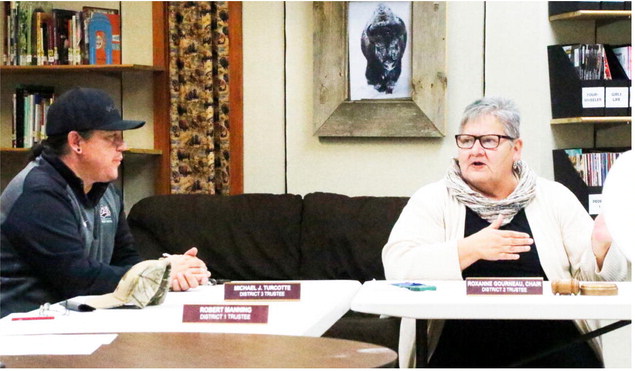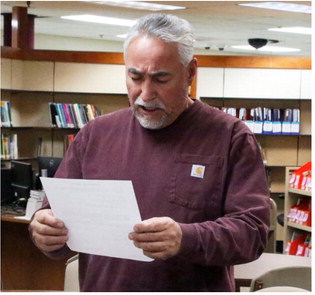PPP Legislation Introduced
U.S. Sen. Jon Tester, DMont., has announced new, bipartisan legislation to ensure that small businesses receive promised loan forgiveness for Emergency Injury Disaster Loan Advance Grants, which were distributed to provide relief to small businesses hard hit by the pandemic.
“Montana’s small businesses and the good paying jobs they create are the backbone of our economy,” Tester said in a press release. “We made a promise to these businesses at the beginning of this crisis that their emergency injury disaster loans would be forgiven, and we’ve got to keep our word and protect local jobs and economies by making them whole. My bipartisan legislation will do just that.”
Tester’s legislation will ensure that EIDL Advance Grants recipients are not punished when calculating their Paycheck Protection Program forgiveness, addressing an issue experienced by some Montana small businesses that have been left with unexpected PPP loan balances. Currently, a business that got an EIDL Advance Grant and a PPP loan will see its EIDL grant subtracted from its PPP forgiveness.
Under the Tester-backed Phase I COVID-19 legislative package signed into law in early March and after a push from Tester, the Small Business Administration issued an Economic Injury Disaster Loan declaration, which makes loans available to small businesses and private, non-profit organizations in designated areas to provide relief from the effects of the COVID-19 outbreak. The Advance Grants are small advances on these loans that were intended to be distributed quickly to support businesses as the pandemic swept across the country.
In March, Tester announced that the SBA had declared an EIDL declaration for all of Montana’s 56 counties. He has been working closely with small business owners to create and support programs that will help them ease the effects of the COVID-19 pandemic and protect Montana jobs. He is pushing for his bipartisan legislation to create a new loan program that will specifically target and support businesses hit hardest by the crisis to be included in the next round of coronavirus aid after he worked to create the PPP in the Coronavirus Aid, Relief, and Economic Security Act helping small businesses stay afloat. He recently urged the Trump Administration to make PPP work for seasonal employers, and pushed to cut red tape for small businesses applying for the program. He also successfully secured expansions to the PPP allowing electric co-ops and rural hospitals to qualify for relief.

